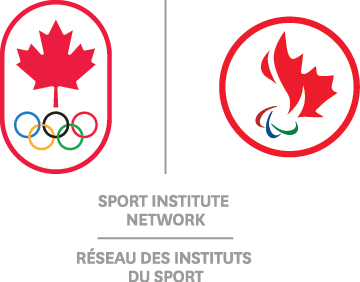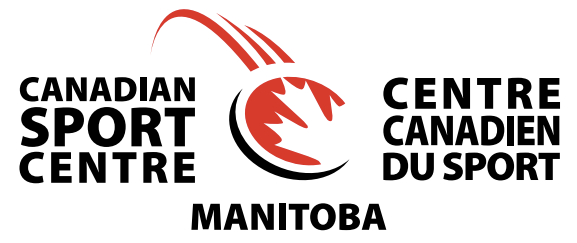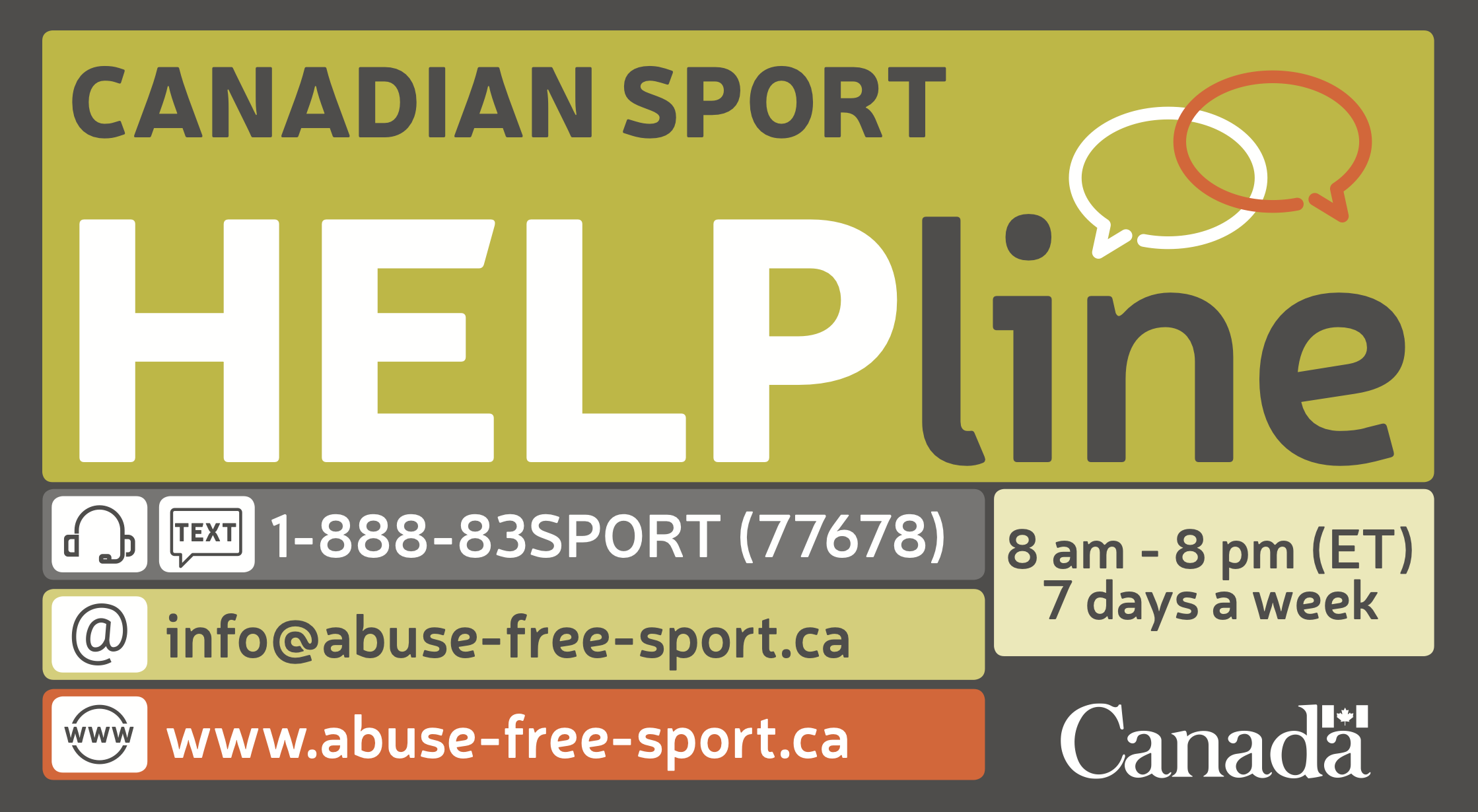Story 1: WECAN Be Nimble
By: Kristina Groves
Be nimble, be quick. Isn’t that how the old nursery rhyme goes? While Jack is busy jumping over candlesticks in preparation for the upcoming Olympic Winter Games in Beijing, we present lesson number one in the IST Lowdown: ISTs are nimble and ISTs are quick.
The Integrated Support Team (IST) – a collection of experts across a multitude of disciplines that collaborate to enhance performance, is an integral component of any high-performance sport program.
These experts are physicians, physiotherapists, coaches, sport scientists, nutritionists, sport psychologists, biomechanists and others, many of whom come from the four Canadian Sport Institutes (CSIs) and three Centres that make up the Canadian Olympic and Paralympic Sports Institute (COPSI) Network.
To say that ISTs are nimble we mean they evolve, adapt, and deal; to say they are quick we mean they troubleshoot and solve.
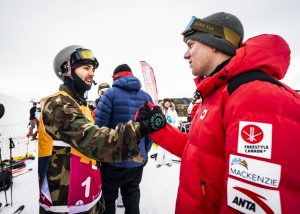 Take Freestyle Canada (FC), the National Sport Organization (NSO) for the four freestyle ski disciplines of moguls, aerials, halfpipe and slopestyle. In today’s warming climate, chasing snow has become a driving force in the program. By necessity, therefore, FC is decentralized, meaning the entire team is scattered across the country and the challenge is optimizing on snow training and competition around the globe. How do they make it work?
Take Freestyle Canada (FC), the National Sport Organization (NSO) for the four freestyle ski disciplines of moguls, aerials, halfpipe and slopestyle. In today’s warming climate, chasing snow has become a driving force in the program. By necessity, therefore, FC is decentralized, meaning the entire team is scattered across the country and the challenge is optimizing on snow training and competition around the globe. How do they make it work?
To help manage the program’s complexity, FC relies on the expertise and support of three COPSI Network members: Pacific, Calgary and Québec.
Adrian King, Director of Sport Science and Medicine and IST Lead at FC, says that because the team is decentralized they have created an IST across the country that is an extremely experienced, high level group of therapists, doctors and sport scientists.
King says that accessing experts through the CSIs helps from a quality control standpoint, too. “The CSI helps us bring in IST members that we know are vetted, quality people and practitioners.” These are the ones who evolve, adapt and deal – the nimble part. 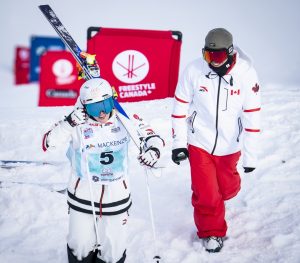
Todd Allison, High Performance Director, Moguls and Aerials at FC, says the partnership with the COPSI Network also allows FC to seek expert guidance on short notice, use facility space for training and logistics, book lab space for testing and analysis, and have athletes access Game Plan services – Canada’s athlete wellness program that strives to support national team athletes in living balanced and holistic lives.
“These things are over and above what we get from the IST,” explains Allison. “CSIs can basically service us wherever we are. They help troubleshoot for all issues that arise — if we have a problem, they can solve it.” That’s the quick part.
Let’s highlight a real-world example of quick and nimble. A phone call comes in to Andrew Kates, Strength and Conditioning Coach at CSI Pacific and a key part of FC’s IST. “It looks like we might not have a good warm-up facility at the Olympics in Beijing.” He is unfazed: “Yeah, so?”
Dealing with the unexpected is routine for Kates and the entire FC team, IST and athletes included. “We find fast, unique solutions for training all the time” explains Kates. “Sometimes we warm up in cafeterias and hallways.”
Kates is also nimble. His primary role is crafting and implementing off-snow training programs. The key skill he has fostered is carving out specialized knowledge from the halfpipe to understand and meet the demands of the sport. “There is no textbook for how to build a halfpipe athlete,” Kates explains. “I draw on knowledge I have from more traditional sports and use that experience to see how new things will apply to this niche sport.”
For Kates, that means constantly adapting and refining his training programs, and innovating by building his own data and monitoring solutions to track every single jump.
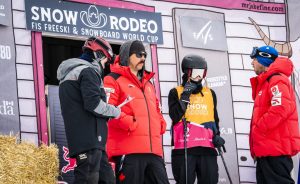 But the next step highlights the real power of the IST, and is one of its hallmark traits – sharing information and knowledge across disciplines within the IST to help make better decisions and plans to enhance athlete performance. Because FC is decentralized, Kates can tap into the expertise of other experts in the COPSI Network.
But the next step highlights the real power of the IST, and is one of its hallmark traits – sharing information and knowledge across disciplines within the IST to help make better decisions and plans to enhance athlete performance. Because FC is decentralized, Kates can tap into the expertise of other experts in the COPSI Network.
“This collaboration is essential to providing an optimal performance environment”, says Lu Bonnett, High Performance Advisor at Institut national du sport du Québec (INS Québec). FC relies on INS Québec to meet needs and standards in data collection, and facilitates sharing knowledge with the IST that directly benefits athletes.
It’s not always seamless and communication can be a challenge, but it’s a way for experts to rub heads together and collaborate, which advances the sport to higher levels of performance. Build knowledge, share, improve, repeat.
So, there you have it: IST takeaway #1. WECAN be nimble and quick – COPSI Network experts create specialized knowledge, share that knowledge with each other and thrive in a complex, decentralized sport.
About the COPSI Network
The Canadian Olympic and Paralympic Sport Institute Network (COPSI Network) provides world-leading training environments to elite athletes and coaches across Canada. The team of experts delivers sport science and medicine, coaching, research and innovation, education and Game Plan services to power podium performances and help Canada win more medals. The Canadian Olympic and Paralympic Sport Institute Network includes four Canadian Sport Institutes (Pacific, Calgary, Ontario and Québec) and three Canadian Sport Centres (Saskatchewan, Manitoba and Atlantic).
-30-
Media Contact:
Jessie Davis, Marketing & Communications Specialist
Canadian Sport Centre Manitoba
c: 204.891.5441
